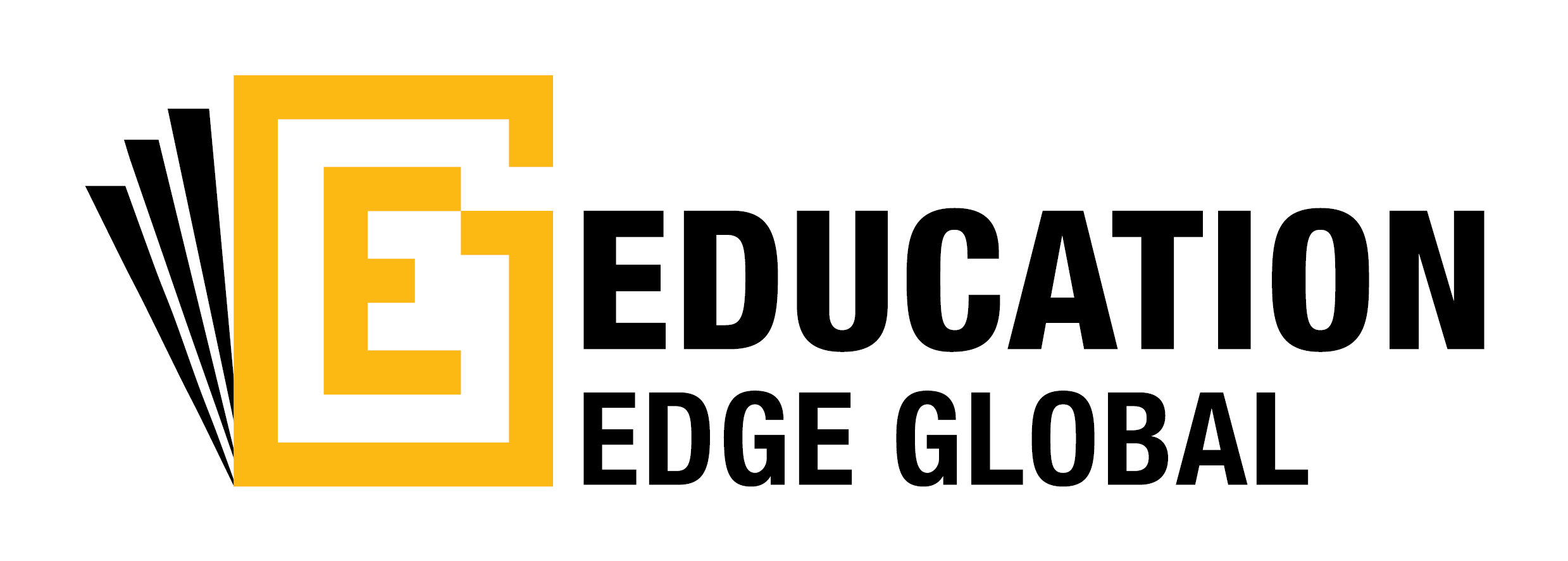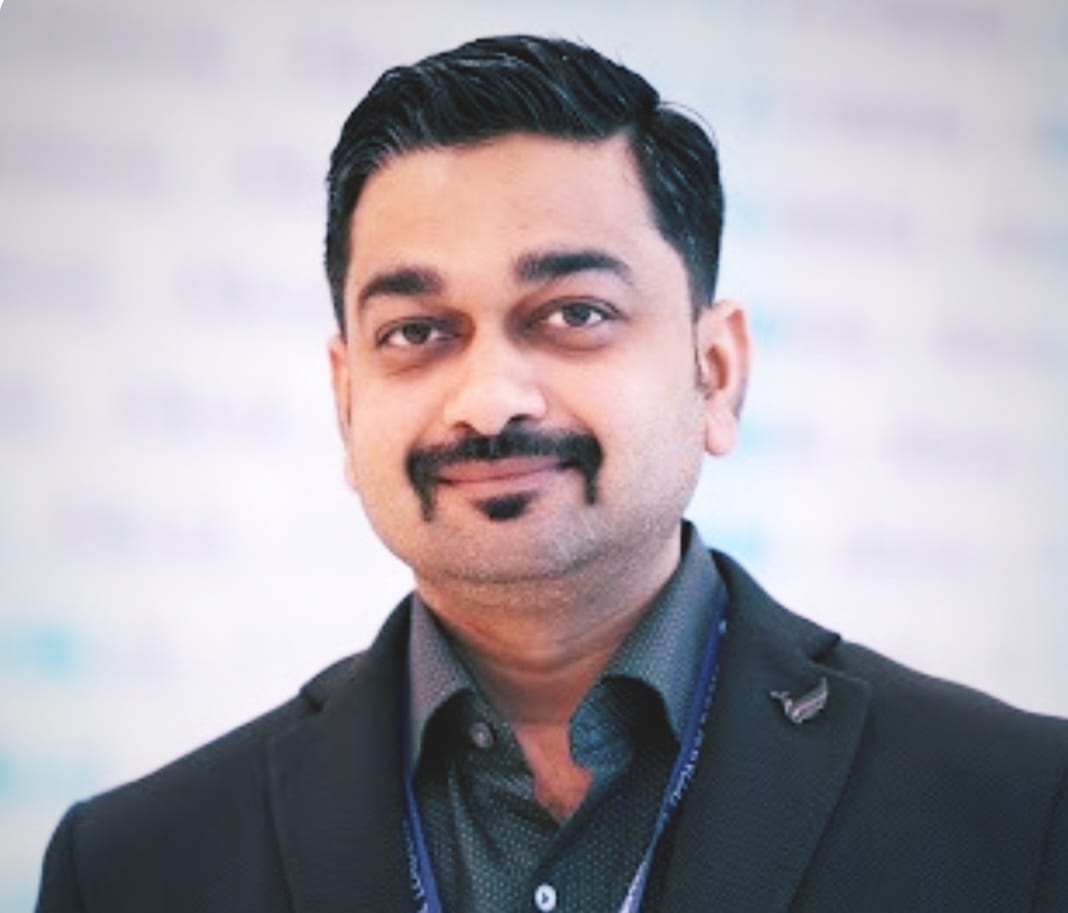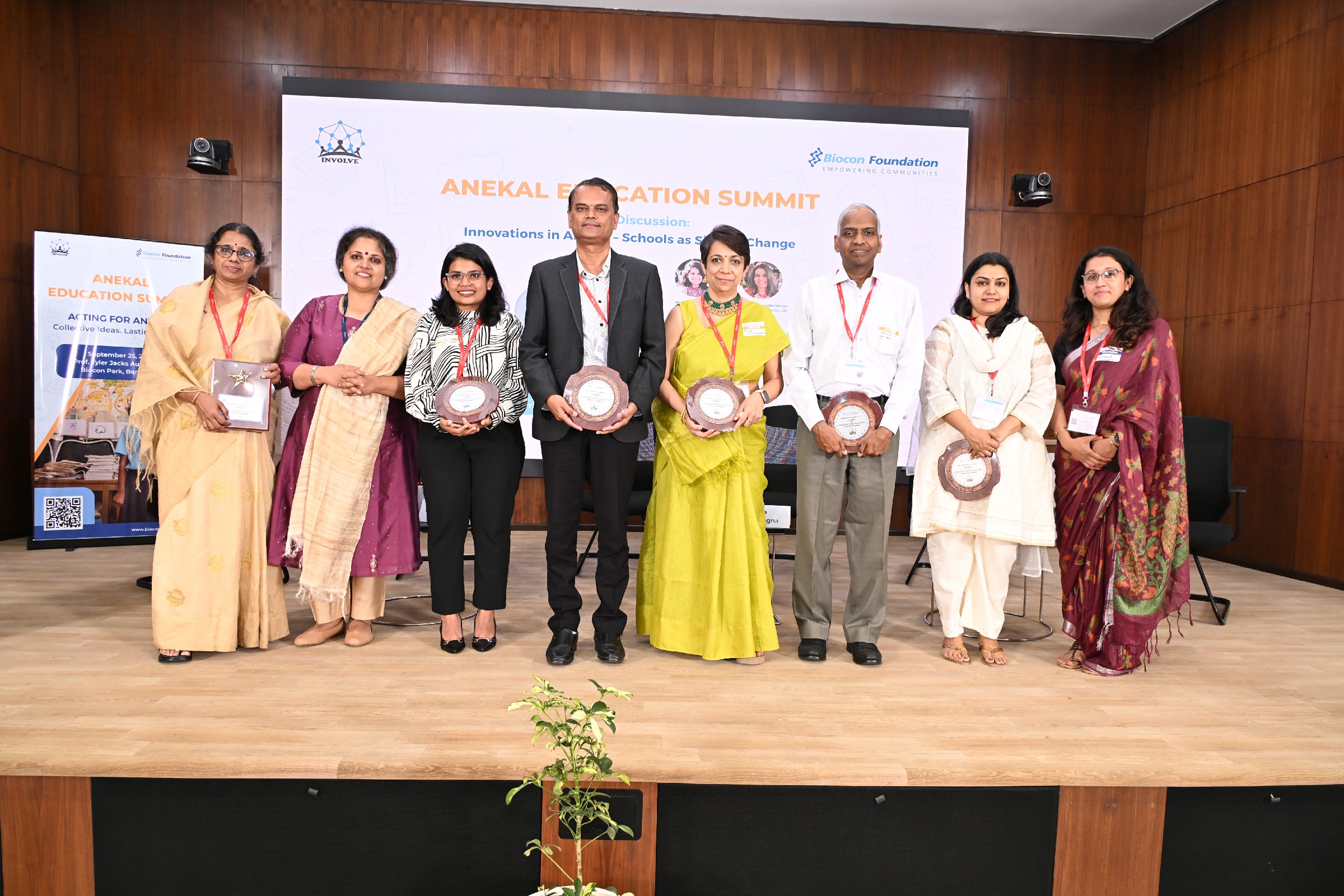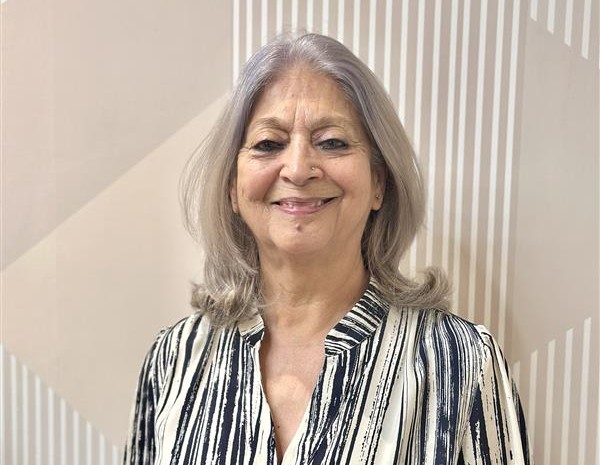Vamshi Yelkur spent a few years in the education sector, where he was associated with an international school brand that has a presence across India, before stepping into his current role as Vice President – Marketing (CDM) at Foxx Life Sciences. A digital-marketing enthusiast since the early 2000s, he helped the brand stand out in a fiercely competitive, hyper-local marketplace—building trust, driving admissions, and championing storytelling as a core strategy. In this conversation with Sanjay Jadhav, Editor of Education Edge Global, Vamshi reflects on the lessons, challenges, and memorable moments that defined his education-marketing career and how those experiences continue to influence his approach even as he explores the healthcare space today.
What first drew you to marketing, and how did you find your niche in the education sector?
It all started in the 2000s when I was exploring my career interests and digital marketing started gaining popularity. With Google picking up and social media giving businesses new avenues for customer interaction, I took up marketing as my career preference. Education is one sector which is close to my heart, both in terms of learning as well as challenges in acquiring new customers. We have seen the education sector growing year on year and adapting to digital technologies, especially after the pandemic.
How have your past roles shaped your perspective on brand-building for educational institutions?
In my previous roles the focus has always been towards branding, engagement or conversion. However, in the education sector, we need to focus on all three aspects, considering it’s a brand we build over a period of time, a service we offer to our customers and the positive word of mouth we enjoy in the market, which then helps us in driving more customers. Thus, I was able to deploy my learnings from all my previous roles, which helped me become a 360-degree marketer, and the knowledge helped me focus on all relevant activities required for brand-building for educational institutions.
Education is often seen as a “trust-driven” space. What unique marketing challenges come with that?
Trust is the key deterrent for the education sector, which can either make or break the market. Unlike other industries, both the brand reputation and marketing efforts are confined towards a niche category of audience who largely reside within a 10 km radius from the institute. Thus, the strategy needs to be designed and executed by adopting a hyper-local marketing approach. Sometimes it could be a small community, area or locality where the majority of the parents and students reside. Hence the word-of-mouth spreads fast, which marketers need to be mindful of. Further, all our prospective parents would always be considering at least two more competing brands that have similar offerings and operate at a similar price range; hence, the competition becomes tougher.
Do you see social media as the primary driver of admissions today, or is it still part of a larger marketing mix?
I would say social media is an important part of the overall marketing mix; however, it is not the primary driver for admissions. Social media campaigns can contribute towards building awareness, driving engagement and generating video views. After the audience gets exposed to our communication on social media, they might directly walk into the institute or make an enquiry over the phone or even WhatsApp. Since the present-day customers get exposed through various touchpoints, I would say that social media surely complements the admissions; however, it is not the primary driver.
What has been the toughest marketing challenge you’ve faced in the education sector, and how did you overcome it?
Nowadays all institutes look similar on paper, carry out marketing campaigns which are difficult to differentiate, and have the USPs & RTBs which are common in nature. With the growth in the education sector, we see institutes mushrooming in every locality owing to the increasing population and requirement of quality education at an affordable price. To overcome this challenge, I worked on a marketing approach which prioritised storytelling and personalisation, supported with visually appealing creatives and videos for targeting various types of customers with tailormade messages which highlighted clear USPs and what a student can expect from the institute.
Marketing budgets are often tight in schools—what creative hacks have you used to stretch resources?
CRM tools can significantly cut down the marketing budget for driving admissions by automating processes, targeting leads more effectively, and reducing manual labour costs. By streamlining admissions and personalising communications, institutes can achieve better results with fewer resources. There are various features and functionalities available within the CRM modules which can help us automate campaigns and communication, manage leads better, and create in-depth reports for analysing data and optimising the campaigns better.
What qualities do you think every successful education marketer must have?
Before initiating any campaigns, marketers should first of all understand the market by analysing various points like the decision-making process, pain points of the audience, what motivates them and what they don’t like. Once we have the relevant data points, we need to formulate a strategic marketing approach to tap the audience at various touchpoints, using a compelling content and storytelling approach leveraging campaign insights and analytic data.
Any memorable moments or anecdotes from your international school experience that still make you smile?
There was once a period when we were short on numbers. Admissions were not picking up, leads generated were taking time to convert, and walk-ins through our ATL and BTL activities were low. That’s when our leadership team suggested that we should focus on parent referrals for meeting the deficit. Since then, parent referrals have become an integral part of our admission target and overall marketing mix.
What motivated your shift from education to healthcare marketing, and what new insights or skills are you finding most valuable in this sector?
Both the education and healthcare sectors are rapidly evolving fields in India, especially accelerated by the impacts of the pandemic. My transition into healthcare marketing represents an exciting opportunity to tackle new challenges while drawing on the valuable experience and perspectives I gained in education marketing. In this new role, I am gaining deeper insights into healthcare consumers’ unique needs and preferences, as well as honing skills in navigating a highly regulated, fast-paced industry. This blend of prior marketing expertise and fresh sector knowledge is helping me create impactful, targeted campaigns that drive meaningful patient engagement and organisational growth.
How does marketing for healthcare differ from promoting an international school, and are there strategies from the education sector that you believe will give you an edge in healthcare?
Marketing healthcare differs significantly from promoting an international school, primarily due to the ‘B2B’ nature of healthcare marketing versus the ‘B2C’ focus typical in education. In healthcare, I focus on promoting the brand’s website, social media, email campaigns, targeted B2B channels and trade shows to engage key decision-makers and stakeholders. A major strategic emphasis is on leveraging AI-driven tools to create compelling creatives and engaging video content, which are then optimised for online publishing and personalised email outreach. While the channels and audience differ from education marketing, my experience with data-driven segmentation, storytelling, and multi-channel campaigns in the education sector provides a strong foundation to deliver impactful, tailored messaging that resonates with healthcare professionals and clients alike.
What advice would you give to young professionals aspiring to enter education marketing today?
Young professionals should focus on developing cutting-edge skills, prioritise real-world experience, and embrace continuous learning to stay ahead in an ever-evolving field. For this, they should never stop learning, build real experiences early, keep themselves updated with the latest industry trends and competition activities, stay focused and build connections from the industry.




Thanks for the insights!